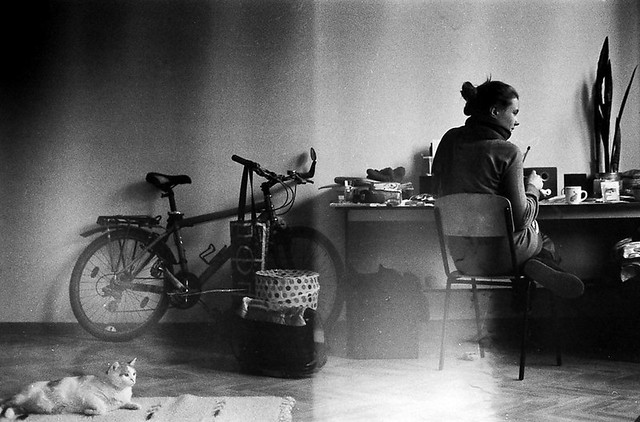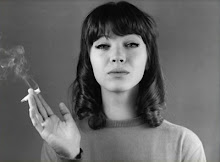
"Do you still play as beautifully as you used to?"
"I still enjoy it."
"Please play, Elizabeth."
Elizabeth arose immediately. Her readiness to perform when asked had always been one of her amiabilities; she never hung back, apologized. Now as she approached the piano there was the added readiness of relief.
She began with a Bach prelude and fugue. The prelude was as gaily iridescent as a prism in a morning room. The first voice of the fugue, an announcement pure and solitary, was repeated intermingling with a second voice, and again repeated within an elaborated frame, the multiple music, horizontal and serene, flowed with unhurried majesty. The principal melody was woven with two other voices, embellished with countless ingenuities -- now dominant, again submerged, it had the sublimity of a single thing that does not fear surrender to the whole. Toward the end, the density of the material gathered for the last enriched insistence on the dominant first motif and with a chorded final statement the fugue ended. Ferris rested his head on the chair back and closed his eyes. In the following silence a clear, high voice came from the room down the hall.
"Daddy, how could Mama and Mr. Ferris--" A door was closed.
The piano began again -- what was this music? Unplaced, familiar, the limpid melody had lain a long while dormant in his heart. Now it spoke to him of another time, another place -- it was the music Elizabeth used to play. The delicate air summoned a wilderness of memory. Ferris was lost in the riot of past longings, conflicts, ambivalent desires. Strange that the music, catalyst for this tumultuous anarchy, was so serene and clear. The singing melody was broken off by the appearance of the maid.
"Miz Bailey, dinner is out on the table now."
Even after Ferris was seated at the table between his host and hostess, the unfinished music still overcast his mood. He was a little drunk.





















